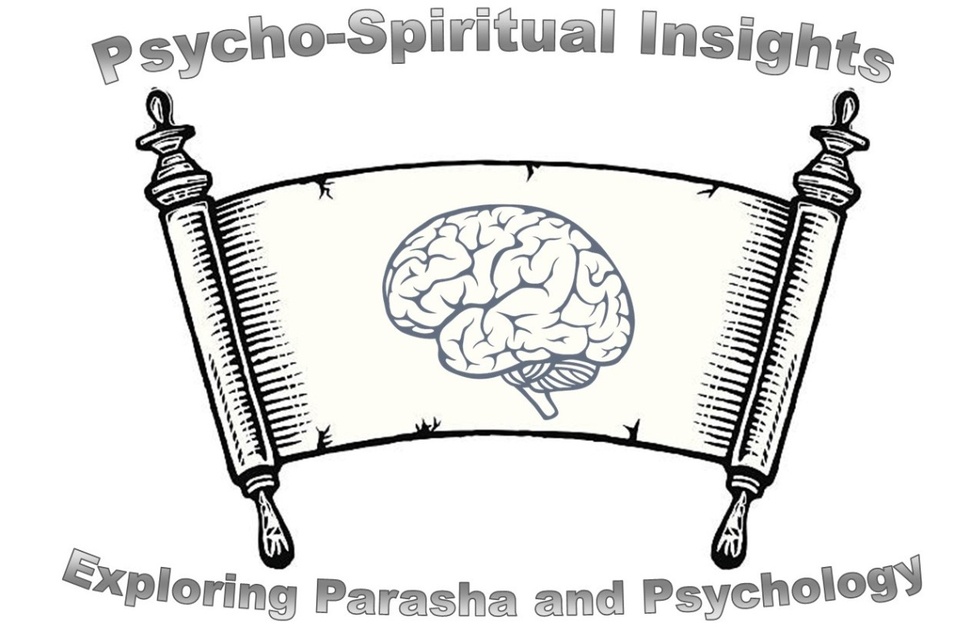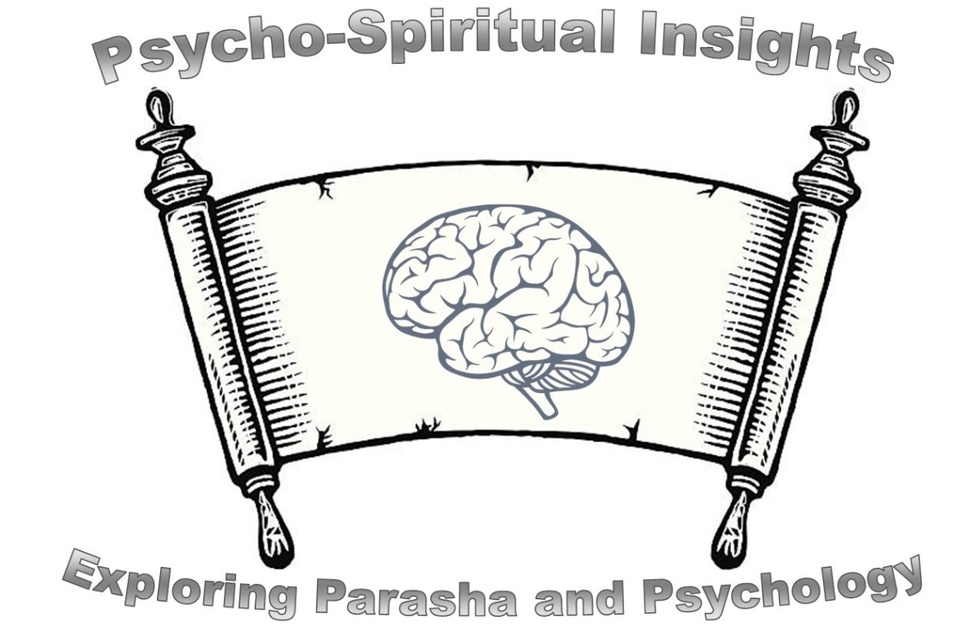
In Parshat Re'eh, we encounter a powerful lesson about the choices we make and their consequences. The Torah highlights the importance of choosing to adhere to Hashem’s commandments and the potential pitfalls that come with straying from the right path. This choice reflects the psychological concept of self-sabotage, where individuals may unconsciously undermine their own well-being or success.
The Parasha starts out by saying, “Re’eh Anochí noten lifnẹchem hayyom berachah ukelalah” “See, I place before you this day blessing and curse. (Devarim 11:26)” Quoting this Passuk, among several others, the Rambam, Maimonides, proves that Hashem is explicitly indicating to us that we have free will to choose, even when it is not in our best interest. The Torah presents blessings for following Hashem and curses for straying from the path. Do we really need the Torah to tell us to choose blessings? Which person of sound mind would choose curses?
Self-sabotage is an internal struggle that often leads us to make choices that hinder our own growth and well-being. It can frequently be seen in the conflict between our conscious desires and subconscious beliefs. Deep-rooted fears, doubts, and negative self-perceptions can hinder our progress and lead us to make choices that undermine our own happiness. We may sabotage relationships, career opportunities, or personal achievements due to unresolved emotional issues or limiting beliefs. Author and Psychologist Dr. Bo Bennett writes, “Self-sabotage is like a game of mental tug-of-war. It is the conscious mind versus the subconscious mind where the subconscious mind always eventually wins.”
The Chovot HaLevavot, Duties of the Heart, writes that Hashem left the choice of whether to serve Him or rebel against Him completely in our hands. That power can be overwhelming without proper focus on the importance of our actions. The Kli Yakar writes on our passuk above, that Moshe Rabeynu stated the word ‘Re’eh’ in singular while addressing Bnei Yisrael to highlight the gravity of a single person’s choice. He further explains that a person must always view the world as perfectly balanced with a single mitzvah tipping themselves and the entire world to the side of merit. By understanding the gravity of our choices as individuals, it allows us to see every single action as a conscious choice, thereby removing the unconscious factors that may lead us to sabotage them.
By recognizing self-sabotaging tendencies, we gain the opportunity for self-awareness and introspection. Rav Shteinman said that ‘Re’eh’ doesn’t just mean “see”, but rather open your eyes and consciously make a choice. This process allows us to identify the negative thought patterns and emotional triggers that lead to self-destructive behaviors. With this awareness, we can work towards breaking free from these patterns and choosing a path that aligns with our higher aspirations.
Here are several suggestions to reduce self-sabotage:
- Set Clear Goals: Define specific, achievable goals and break them down into manageable steps. Having a clear direction helps you stay focused and motivated, reducing the likelihood of self-sabotaging behaviors.
- Create a Supportive Environment: Surround yourself with people who encourage and uplift you. Share your goals and struggles with supportive friends or family members who can provide constructive feedback and help you stay accountable to your aspirations.
- Teshuvah (Repentance): Teshuvah is the process of repentance and reflection. Recognize your self-sabotaging behaviors, acknowledge their impact on yourself and others, and genuinely commit to change.
The Torah emphasizes that Hashem’s commandments provide a moral compass to navigate through life's challenges. Later in Sefer Devarim, we are encouraged to walk in the ways of Hashem, which will lead to the opportunity to make positive decisions and shape our destiny.
Parshat Re'eh reminds us that our choices have consequences, both positive and negative. By acknowledging the concept of self-sabotage and actively working to break free from its grasp, we can pave the way for a life filled with blessings and personal growth. As we embrace self-improvement and align our actions with our true potential, we can create a more meaningful and fulfilling journey on this path of life.
Elan Javanfard, M.A., L.M.F.T. is a Consulting Psychotherapist focused on behavioral health redesign, a Professor of Psychology at Pepperdine University, & a lecturer related to Mindfulness, Evidence Based Practices, and Suicide Prevention. Elan is the author of Psycho-Spiritual Insights: Exploring Parasha & Psychology, weekly blog. He lives in Los Angeles Pico Robertson community with his wife and three children and can be reached at Elan.Javanfard@gmail.com.
 Previous
Previous

